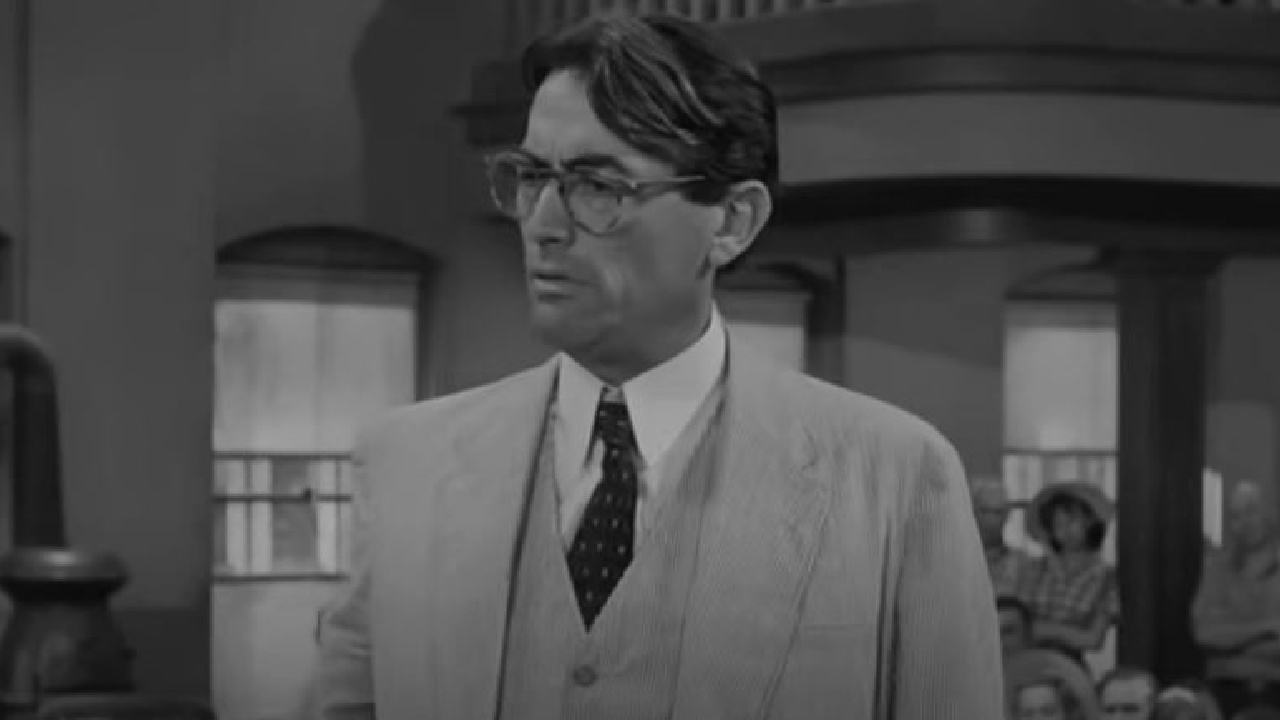Legal dramas, films, and television shows have captivated audiences for decades, offering compelling narratives that explore the intricacies of justice, law, and the legal profession. This genre spans thrilling courtroom battles, intricate investigations, and character-driven explorations of the moral complexities inherent in the pursuit of truth. From the earliest days of cinema to contemporary streaming hits, the allure of the legal dramas on screen remains undeniable, drawing viewers into worlds where fate hangs in the balance.
Legendary actors have often found powerful roles within the legal genre. Early classic legal films established archetypes, with some actors defining their careers through their portrayals of dedicated or morally ambiguous attorneys. Matthew McConaughey, for instance, transitioned from supporting roles to leading man with his compelling performance as a defense attorney, showcasing the depth and ethical dilemmas often at the heart of these narratives. These foundational works paved the way for the rich tapestry of lawyer movies we see today.
Not all captivating courtroom movies solely focus on the lawyers. Some delve into the profound impact on jurors, offering unique perspectives on the justice system from within the jury box. Films like 12 Angry Men brilliantly illustrate the deliberations and biases that can shape a verdict, highlighting the weight of responsibility placed upon ordinary citizens. Such narratives provide a fascinating counterpoint to the more common lawyer-centric tales, emphasizing the collective human element in the legal process.
The small screen has also played a pivotal role in popularizing TV shows about law, setting templates for procedural dramas that continue to resonate. Perry Mason, for example, defined the “case of the week” format, captivating audiences for years with its titular attorney’s relentless pursuit of justice. Its enduring popularity even led to numerous television movies, cementing its legacy as a cornerstone of televised legal entertainment and influencing countless series that followed.
The genre also extends into specialized areas, such as military law, bringing a distinct set of rules and high-stakes scenarios to the forefront. These narratives often explore themes of duty, honor, and betrayal within the strict confines of the armed forces’ legal system. Furthermore, many beloved Hollywood law narratives have found success by adapting celebrated novels, translating complex legal thrillers from page to screen with compelling results, often featuring iconic characters from literature.
Beyond intense dramas, the legal dramas genre also embraces humor, demonstrating its versatility and broad appeal. Comedic legal films prove that the pursuit of justice can also be a source of laughter, often satirizing the very serious world of law. These lighter takes often become cultural touchstones, spawning sequels, musicals, and even revitalizing careers, showcasing how the legal profession can be viewed through a witty and often charming lens in popular culture.
Many compelling legal narratives draw power from their ability to tackle significant social issues or adapt real-life events. Films exploring civil rights, major class-action lawsuits, or historical injustices highlight the legal system’s role as a battleground for societal change. These powerful justice on screen stories often shed light on critical moments in history, providing insightful commentary on legal ethics, corporate accountability, and the struggle for equality, making them not just entertainment but significant cultural reflections.
Contemporary TV shows about law continue to innovate, offering diverse perspectives and blending genres. From shows set in law schools that explore the ethical dilemmas of aspiring attorneys to unique procedurals that follow lawyers operating unconventional practices, the landscape of legal television is constantly evolving. This constant reinvention ensures that the genre remains fresh and relevant, continually drawing in new generations of viewers eager to explore the complexities of the legal world.
The enduring appeal of legal dramas, whether on the big screen or television, lies in their ability to present high-stakes conflicts, intellectual puzzles, and profound moral questions. They offer a window into the intricacies of the legal system, showcasing the human element behind every verdict and the tireless pursuit of justice on screen. This rich and varied genre continues to thrive, proving that stories of law and lawyers will always captivate audiences worldwide.






Leave a Reply